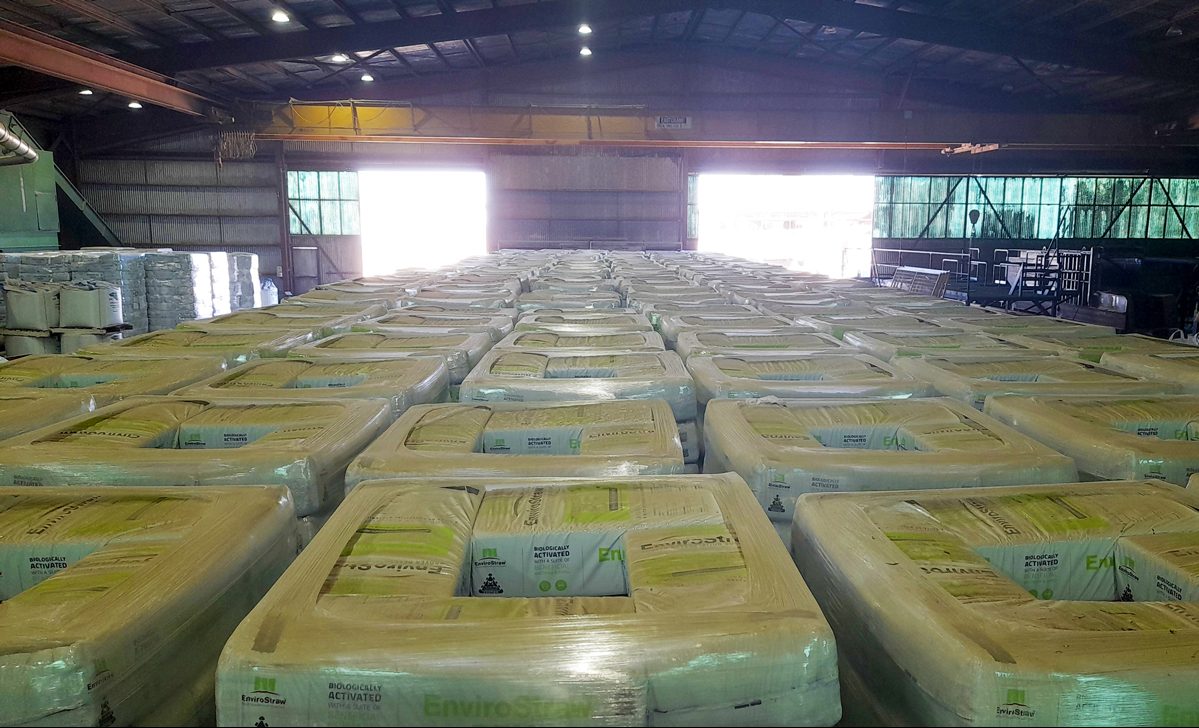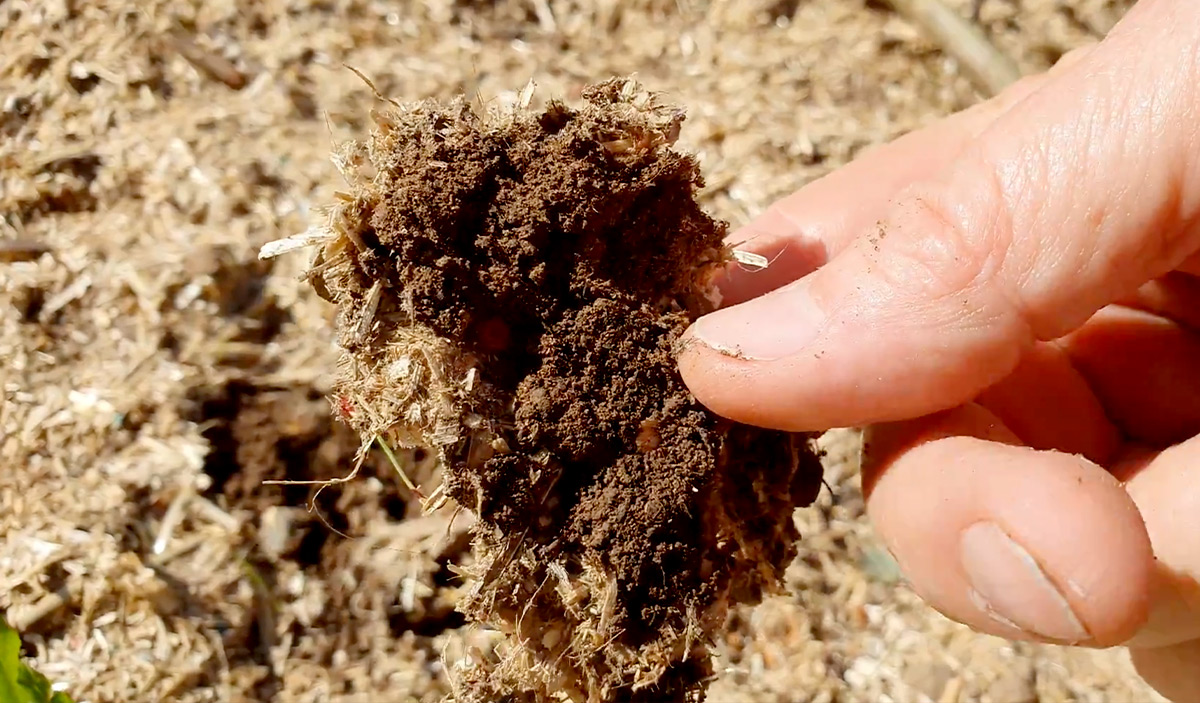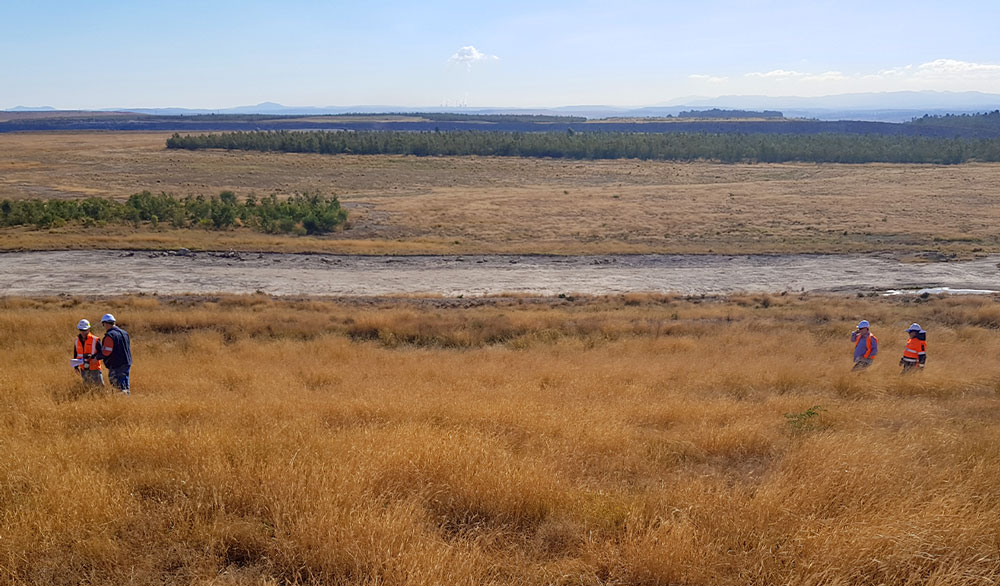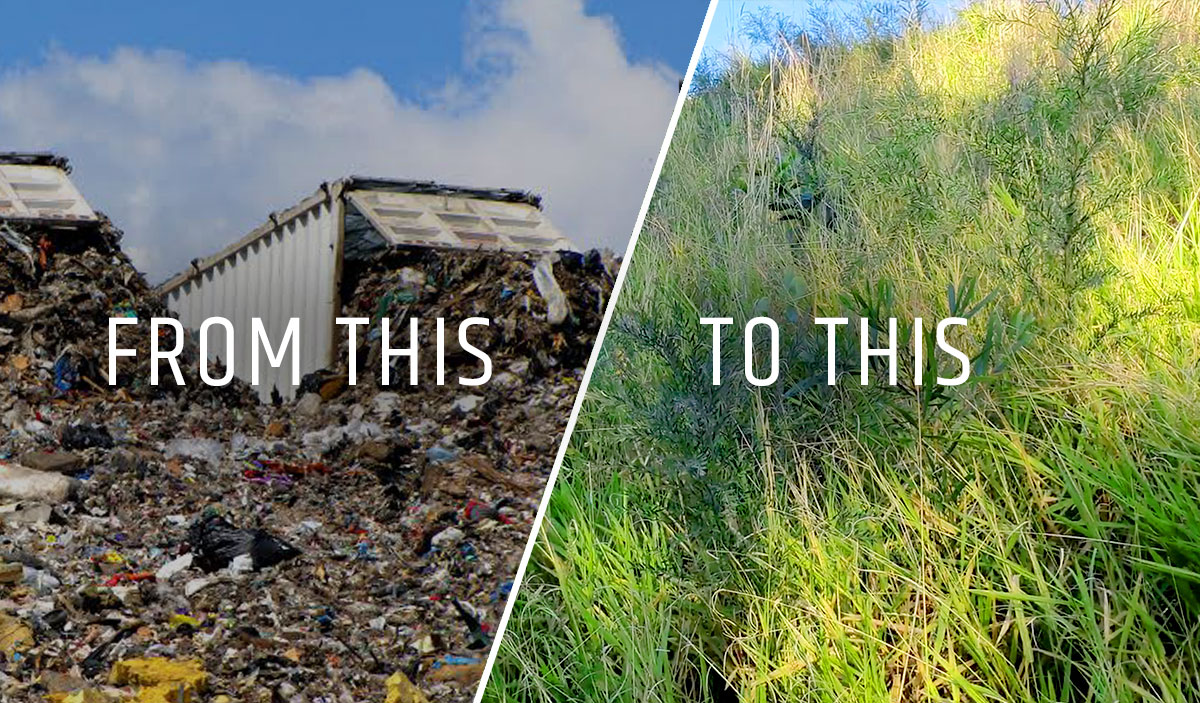
The revegetation industry is constantly growing and changing, and there’s never a shortage of new and exciting developments. At EnviroStraw, we are committed to seeking out and adopting the latest products and technologies and optimising outcomes for our clients.
The introduction of a new breed of bioenergetic microbes is among the latest and most exciting innovations in soil science – and one that could change the face of eroded, degraded soil for good.
No matter the type of projects you work on or the current condition of your worksite, the impact of bioenergetic microbes on soil is worth exploring.
Bioenergetic microbes: an overview
Bioenergetic microbes are designed to develop and multiply more quickly than other microbes, improving soil health and rates of plant establishment in a number of ways.
Increasing nutrient bioavailability, cycling and flow into plants (NUE)
Bioenergetic microbes, which are now included in the EnviroStraw product range, increase nutrient absorption from the soil into the plants, speeding up the process of revegetative growth.
Increasing soil fertility faster
Microbes increase soil fertility by incorporating air, minerals and nitrogenous compounds and encourage growth by providing plants with essential elements and minerals.
Improving water use efficiency (WUE) and infiltration
Improving WUE and infiltration is the key to managing and successfully revegetating hydrophobic and compacted soils.
Accelerating beneficial bacterial, fungal and mycorrhizal growth
Bioenergetic microbes help to create a healthy rhizosphere around plant roots and stimulate natural beneficial microorganisms, in turn increasing the root microbiome in the soil.
Increasing the germination energy and seedling resilience
Microbes increase the likelihood of seed germination and survival, in turn increasing the effectiveness of revegetation efforts generally.
Increasing carbon sequestration
Soil carbon sequestration – the process by which CO2 is removed from the atmosphere and stored in the soil – promotes healthy plant root systems and increases the soil’s water storage capacity.
Bioenergetic microbes in the EnviroStraw mix
Bioenergetic microbes are a recent addition to the EnviroStraw product mix stemming from our ongoing research and development, and an integral component of the BioGrowth™ regenerative revegetation program.
They multiply faster, inoculating the soil with many thousands more microbes. The increased number of microbes then go about their business of rebalancing the soil, ensuring the establishing vegetation thrives in symbiosis with the microbes.
Our EnviroMatrix ECM Biotic Growth Amendment and BFM Complete Biotic Growth Amendment products both include bioenergetic microbes. Both these products are designed to enhance revegetation on highly disturbed soils such as those found on mine sites and infrastructure projects.
The BioGrowth™ regenerative revegetation program delivers four significant long-term benefits:
Fast establishment of the cover crop and pasture plant species.
Fast establishment is critical to the success of a revegetation program.
These new generation bioenergetic microbes enhance this process by balancing seed strike and building a large underground biomass, providing organic carbon and essential nutrients for recycling, increased water holding capacity conditioning the soil for the next species of plants.
Native vegetation establishment
Native plants provide support for native ecosystems, making them essential for biodiversity preservation and sustainability.
Minimal erosion risk
Native plants grow deep root systems which minimise the risk of erosion and protect against drought and other adverse weather conditions, providing long-term support for the native ecosystem.
Self-sustaining outcomes
Increasing concentrations of carbon and globulin – otherwise known as nature’s glue and cement – is part of the process of creating self-sustaining outcomes, delivering three key benefits:
- Reduced watering requirements
- Reduced weed management requirements
- Reduced fertiliser reapplication
The team at EnviroStraw are excited to have the opportunity to bring cutting-edge science to the revegetation industry, enabling site owners to rebuild damaged and disturbed soils in a more natural, efficient and cost-effective way.
Do you need a holistic soil revegetation solution for your work site? If so, speak to one of our friendly soil scientists today for more information on how our products can help.



